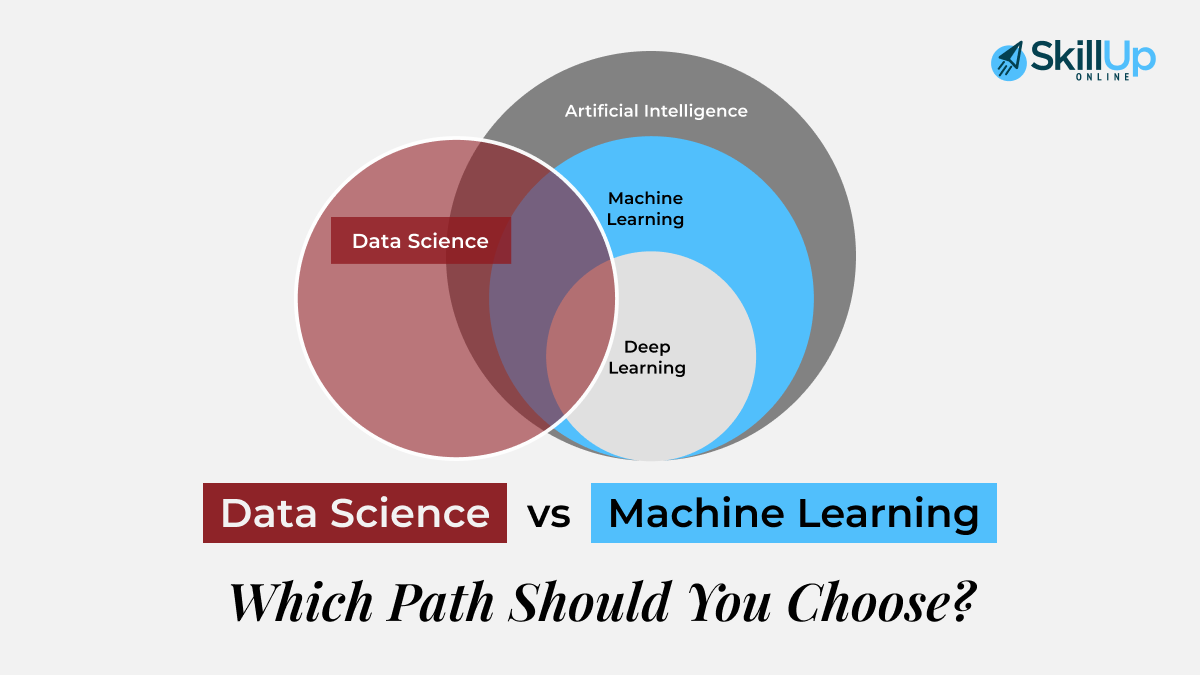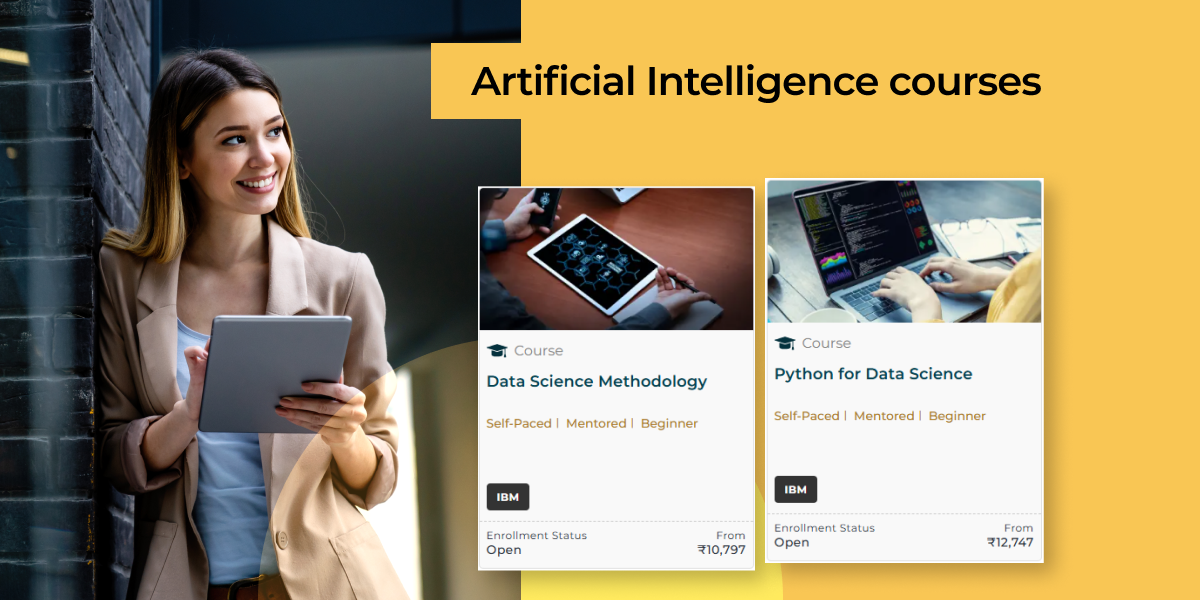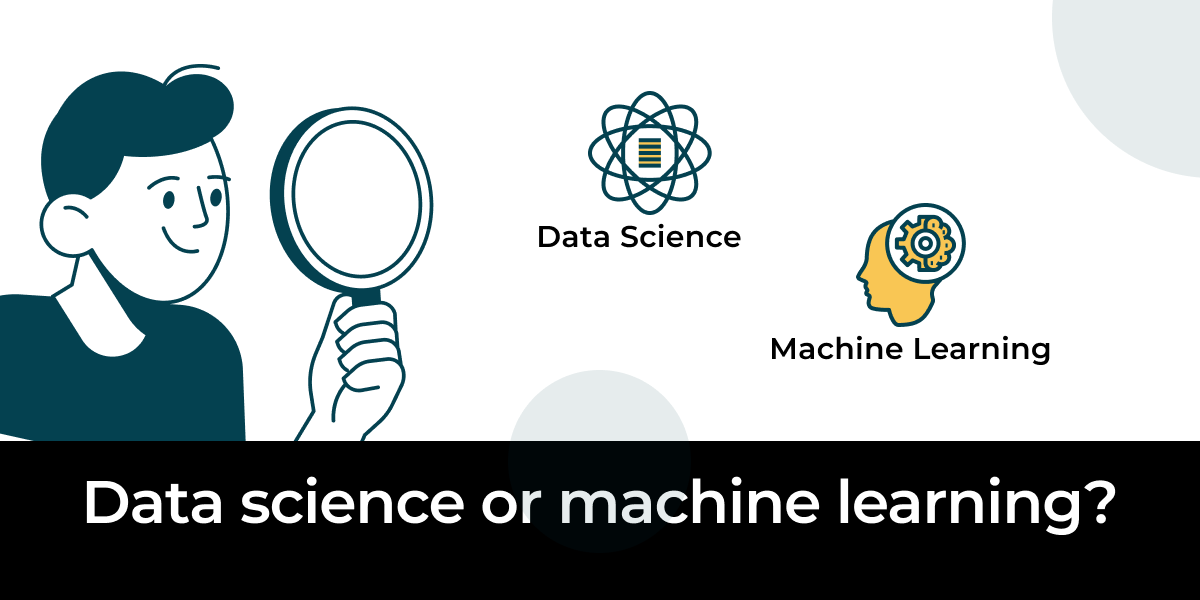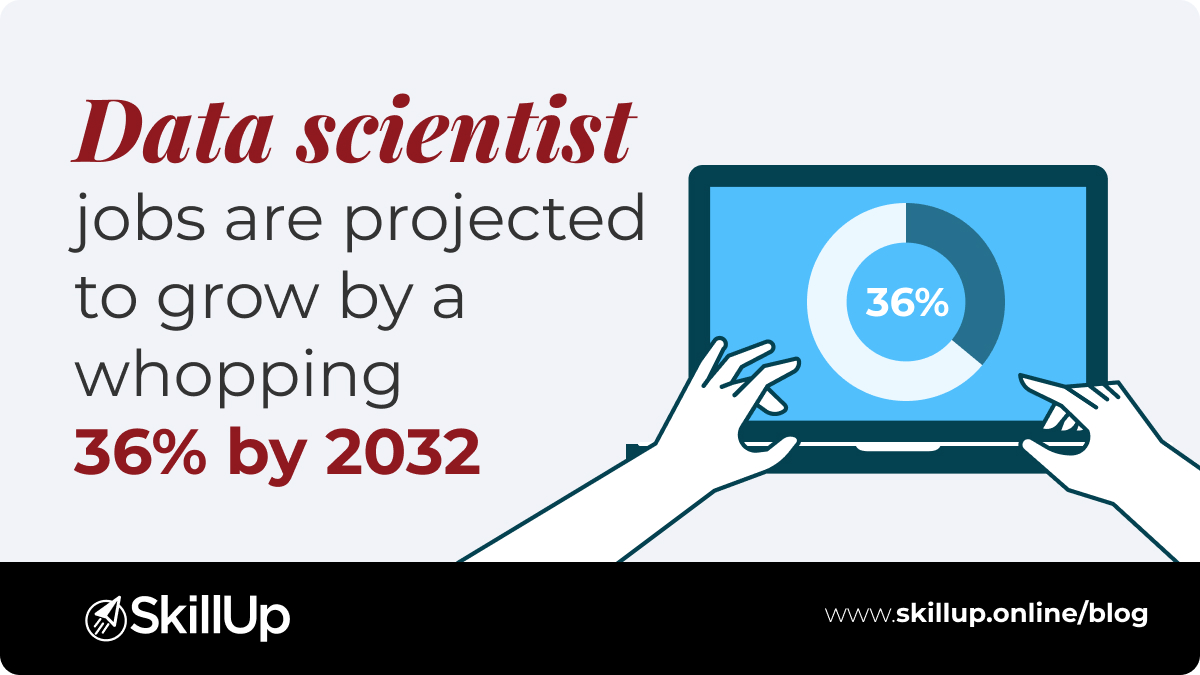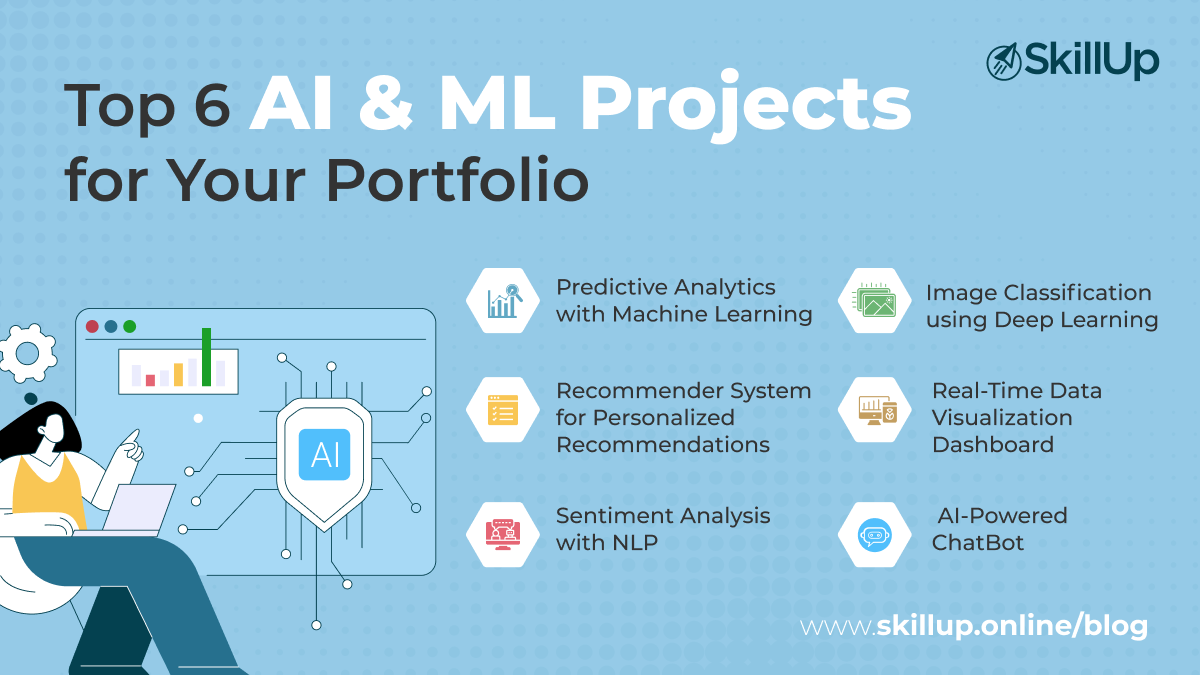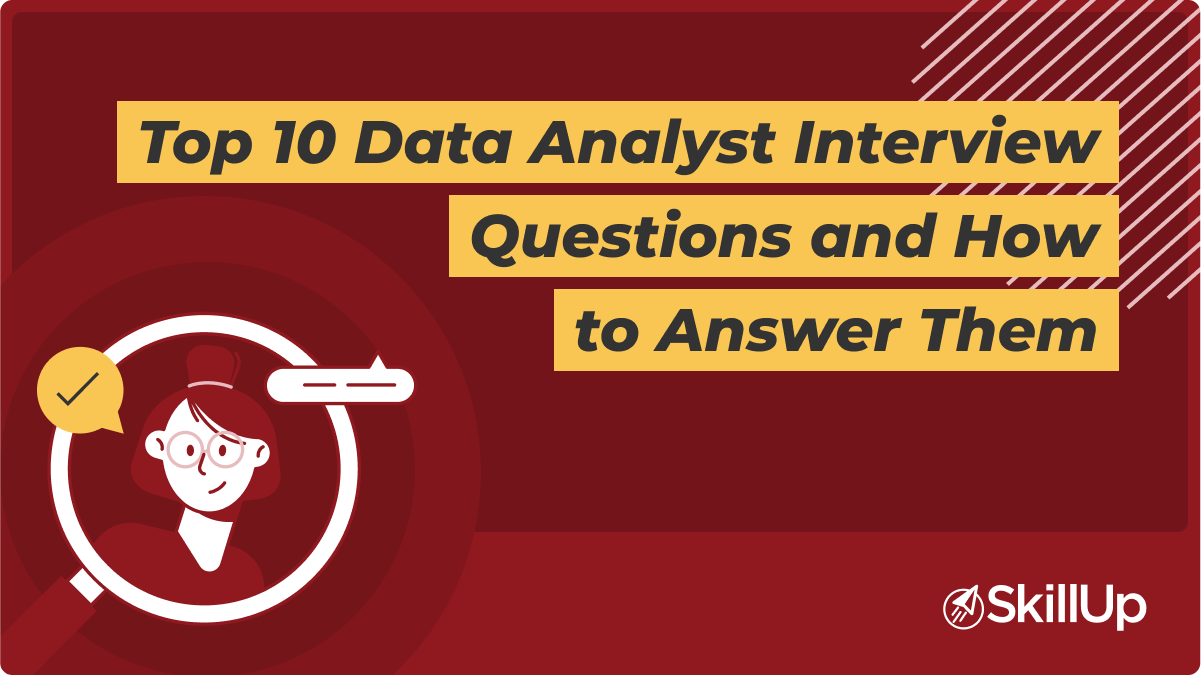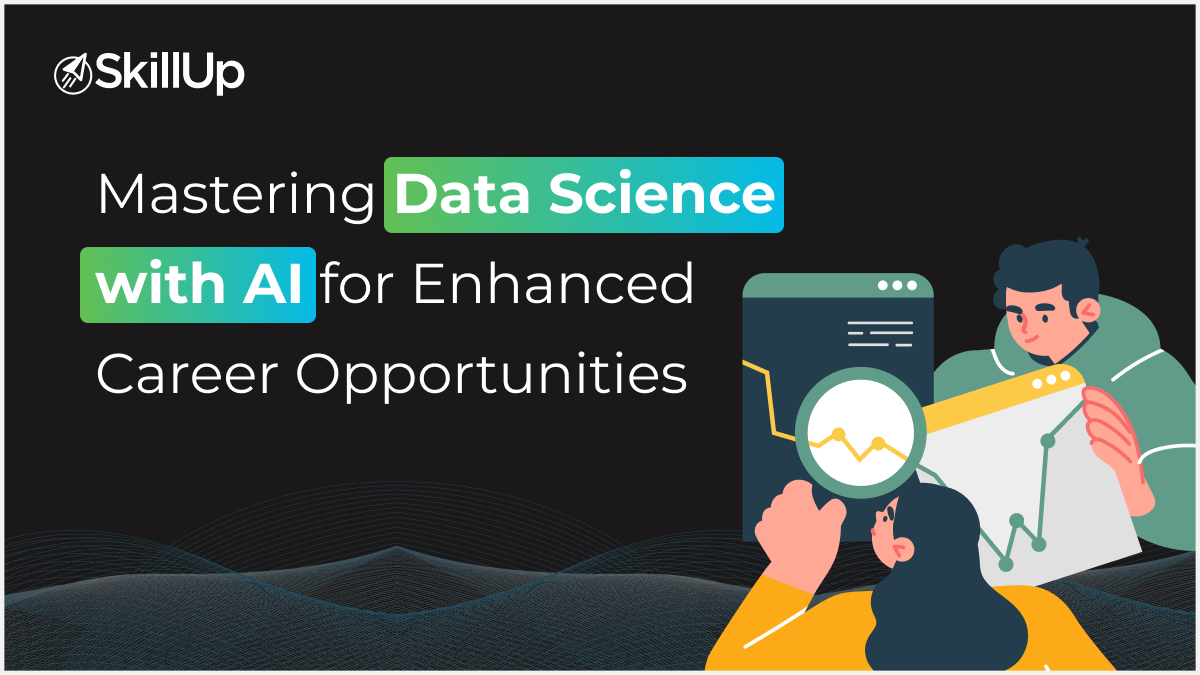In the vast landscape of technology, two prominent fields have emerged as frontrunners in recent years: data science and machine learning. Both are integral components of the modern digital age, driving innovation, efficiency, and decision-making across various industries.
However, for aspiring professionals looking to embark on a career journey in the realm of data and analytics, the question often arises: which path should you choose? In this blog, we’ll delve into the nuances of data science and machine learning, exploring their differences, similarities, career prospects, and the factors to consider when deciding which path aligns best with your interests and goals.
Understanding Data Science
Data science is a multidisciplinary field that encompasses various techniques and methodologies to extract insights and knowledge from data. It involves a blend of statistics, mathematics, computer science, domain expertise, and business acumen to analyze complex datasets and uncover patterns, trends, and correlations. Data scientists are proficient in data wrangling, exploratory data analysis, statistical modeling, machine learning, and data visualization techniques.
Data science projects typically involve the entire data lifecycle, starting from data collection and preprocessing to model building, evaluation, and deployment. Data scientists utilize programming languages such as Python, R, or SQL, along with libraries like Pandas, NumPy, Scikit-learn, and TensorFlow, to manipulate data and develop predictive models.
The applications of data science are diverse and ubiquitous, spanning industries such as finance, healthcare, marketing, e-commerce, and more. Data scientists play a crucial role in driving data-driven decision-making, optimizing business processes, improving customer experience, and developing innovative products and services.
Have a look at SkillUp Online’s catalog of data science courses to get a feel for the skill set you need for a successful career.
Exploring Machine Learning
Machine learning, a subset of artificial intelligence (AI), focuses on developing algorithms and models that enable computers to learn from data and make predictions or decisions without being explicitly programmed. It revolves around the concept of learning from experience, where algorithms iteratively improve their performance over time as they are exposed to more data.
Machine learning encompasses various techniques, including supervised learning, unsupervised learning, semi-supervised learning, and reinforcement learning.
Supervised learning involves training a model on labeled data to make predictions, while unsupervised learning deals with uncovering hidden patterns or structures in unlabeled data. Reinforcement learning involves training agents to interact with an environment and learn optimal behavior through trial and error.
Machine learning algorithms power numerous applications, ranging from recommendation systems and image recognition to natural language processing and autonomous vehicles. Python, with libraries like Scikit-learn, TensorFlow, and Keras, is the predominant language for developing machine learning models, although other languages such as R are also used in specific domains.
Have a look at SkillUp Online’s catalog of machine learning and AI courses to get a feel for the skill set you need for a successful career.
Key Differences Between Data Science and Machine Learning
While data science and machine learning are closely related and often overlap, there are key distinctions between the two fields:
- Scope: Data science encompasses a broader range of activities, including data collection, cleaning, analysis, and visualization, along with machine learning modeling. Machine learning, on the other hand, specifically focuses on developing algorithms that enable computers to learn from data and make predictions.
- Techniques: Data science involves various statistical and analytical techniques beyond machine learning, such as hypothesis testing, regression analysis, clustering, and dimensionality reduction. Machine learning, however, primarily revolves around training algorithms on data to make predictions or decisions.
- Objective: The primary objective of data science is to extract insights and actionable intelligence from data to inform business decisions and solve complex problems. In contrast, machine learning primarily aims to develop predictive models or systems that can perform specific tasks without explicit programming.
Career Paths and Opportunities in Data Science and Machine Learning
Both data science and machine learning offer promising career paths with ample opportunities for growth and advancement. However, the choice between the two depends on your interests, skills, and career aspirations:
- Data Science Careers: If you enjoy working with data, deriving insights, and solving real-world problems using statistical and analytical techniques, a career in data science may be the right fit for you. Data scientists are in high demand across industries, with job roles such as data analyst, business intelligence analyst, data engineer, and data scientist.
- Machine Learning Careers: If you are fascinated by the prospect of building intelligent systems that can learn from data and make predictions, pursuing a career in machine learning might be ideal. Machine learning engineers, AI researchers, data scientists specializing in machine learning, and roles in areas like computer vision, natural language processing, and robotics offer exciting opportunities in this field.
Factors to Consider When Choosing Between a Data Science and Machine Learning Career
When deciding between data science and machine learning, consider the following factors:
- Your Interests and Skills: Reflect on your interests, strengths, and skills. Are you more drawn to analyzing data, uncovering insights, and communicating findings (data science), or do you prefer developing algorithms, building models, and working on AI-driven applications (machine learning)?
- Your Educational Background: Your educational background, whether in mathematics, statistics, computer science, engineering, or a related field, can influence your suitability for either data science or machine learning roles. However, both fields welcome individuals from diverse academic backgrounds.
- Career Goals: Clarify your career goals and aspirations. Do you envision yourself as a data-driven decision-maker, leveraging insights to drive business strategy (data science), or do you aspire to be at the forefront of AI research and innovation, developing cutting-edge algorithms and applications (machine learning)?
- Industry Preferences: Consider the industries or domains that interest you. While data science is prevalent across industries, machine learning finds extensive applications in areas such as healthcare, finance, autonomous vehicles, and cybersecurity.
So… Which Route is Right for You?
In the dynamic landscape of data and analytics, both data science and machine learning offer rewarding career paths with ample opportunities for growth, innovation, and impact.
Whether you choose to dive into the realm of data science, unraveling the mysteries hidden within vast datasets, or explore the realm of machine learning, crafting intelligent systems that learn and adapt, the journey ahead promises excitement, challenge, and endless possibilities. And be assured, there are training courses that build skills in both, so you don’t have to decide immediately. Check out Skillup Online’s TechMaster Certificate Program in AI with Data Science… It’s packed with valuable training that sets you up for a career in either direction.
Ultimately, however, the decision between data science and machine learning boils down to your passions, skills, and career aspirations. Embrace the path that resonates most with you, and embark on a journey of discovery, learning, and professional fulfillment. And whichever you choose… have fun and good luck!
If you would like to know more about how you can build the necessary data science or machine learning skills to get started in a relevant career, contact our Learner Support Team at [email protected]. They will be more than happy to guide you on your next steps.
